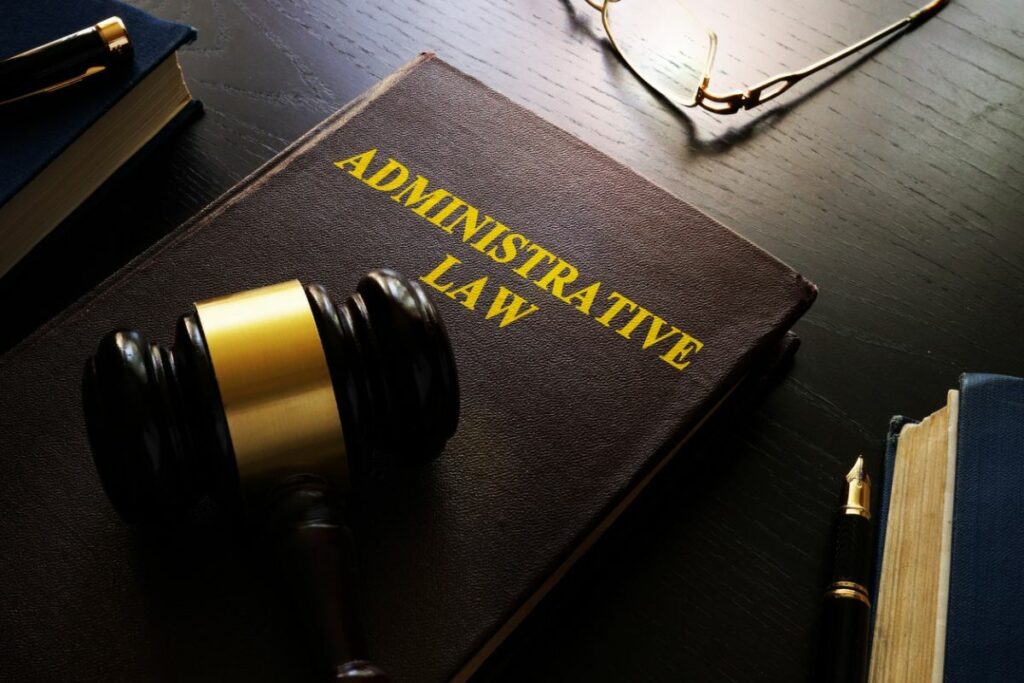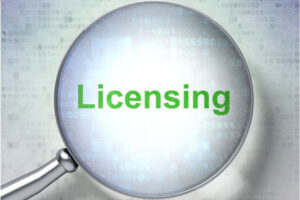Texas professional licensing boards and agencies resolve most complaints against licensees informally by agreement. However, when a licensing board and the licensee cannot agree on whether the licensee has violated a rule or law governing their profession or the appropriate sanction for a violation, the board refers the case to the Texas State Office of Administrative Hearings (SOAH) for scheduling of an evidentiary hearing (trial).
Having an experienced Texas licensing board defense attorney on your side during an administrative hearing can result in a better outcome in your case. As a result, if you are facing a disciplinary complaint, contacting an attorney from the outset of your proceedings – and well before your case reaches the SOAH – is wise. Throughout your disciplinary case, we can explain your rights, defend your license, and strive to lessen the impact of any potential sanctions on your professional career.
Defining Proposal for Decision
When a disciplinary case moves to the SOAH for an administrative hearing, SOAH assigns an impartial administrative law judge (ALJ) to manage and preside over the hearing. The ALJ handles the scheduling, pre-trial discovery and related matters concerning the hearing. Once the case is scheduled for a hearing, the ALJ conducts the hearing and receives evidence from both parties. However, in most cases, the ALJ does not issue a decision as a judge would in a court case. Instead, the ALJ issues a Proposal for Decision (PFD), usually within 60 days of the date of the hearing, although that period may be shorter or longer in some cases.
The PFD is a proposed decision that the ALJ issues based on the evidence from the hearing. It generally contains the ALJ’s findings of fact and conclusions of law. The ALJ submits the PFD to the professional licensing agency that referred the case and both parties under 1 Tex. Admin. Code 155.507.
Exceptions to PFDs
If a party disagrees with the PFD, that party may submit exceptions to the ALJ and the agency within 15 days unless that agency’s rules specifically authorize otherwise. The other party may respond to any exception filed by a party within 15 days of the date that the exception was filed. However, the ALJ has the discretion to alter any of these deadlines, either due to the parties’ agreement or based upon good cause shown.
After the parties have filed all exceptions and replies to those exceptions, the ALJ will review them and determine whether they necessitate any amendments to the PFD. The ALJ also may correct any clerical errors. If the ALJ opts to recommend any amendments to the PFD, the ALJ will forward those amendments to the licensing agency and all parties.
Licensing Agencies and PFDs
In most cases, the ALJ forwards the PFD and any recommended amendments following the exceptions process to the licensing agency for review. Ultimately, it is typically up to the licensing agency to make a final decision on the disciplinary proceeding, including the imposition of any sanctions. This procedure may differ by agency, as some agencies are subject to statutes that give ALJs authority to issue final decisions following administrative hearings.
Nonetheless, the findings of fact and conclusions of law often are presumptively binding on the agency. As a result, if the agency chooses to disregard those findings and/or conclusions by modifying or rejecting the PFD, then the agency usually must state its reasoning in writing. In some cases, the agency may be limited in its ability to change those findings and/or conclusions in that it may only be able to change them in specific situations.
However, the same presumptive binding effect applies to the sanction or sanctions the ALJ recommends in the disciplinary case. Therefore, the licensing agency can impose additional or substitute sanctions on the licensee other than what the PFD contains with no written explanation required.
Most of the time, the licensing board can reject, change, or accept the PFD. Furthermore, the licensing board can remand the PFD for further proceedings before the ALJ if it feels that additional hearing or evidence is necessary.
Licensing agencies typically consider PFD in periodic meetings of their full boards. In some licensing agencies, the board members simply consider all PFDs submitted in pending disciplinary cases. In other agencies, the parties can appear and make final arguments before the board in favor of or against the PFD. The parties also could request that the PFD be amended.
When the licensing board makes the final decision in a disciplinary case, it either will find that the licensee committed no violation and dismiss the complaint or find that the licensee did commit a violation and impose a sanction. The decision becomes a final order subject to appeal in district court if the licensee disagrees with it.
Click to contact our professional license defense lawyers today
Count on Bertolino LLP to Protect Your License Throughout Your Disciplinary Proceedings
A disciplinary investigation, proceedings before your professional licensing board, and potential sanctions can be a challenging and stressful experience. Becoming the recipient of severe and restrictive sanctions in disciplinary proceedings can endanger your ability to work and support yourself. Only an experienced Texas license defense lawyer can offer you the guidance you need. Contact us today by calling the offices of Bertolino LLP at (512) 515-9518 or visiting us online.
Call or text (512) 476-5757 or complete a Case Evaluation form






